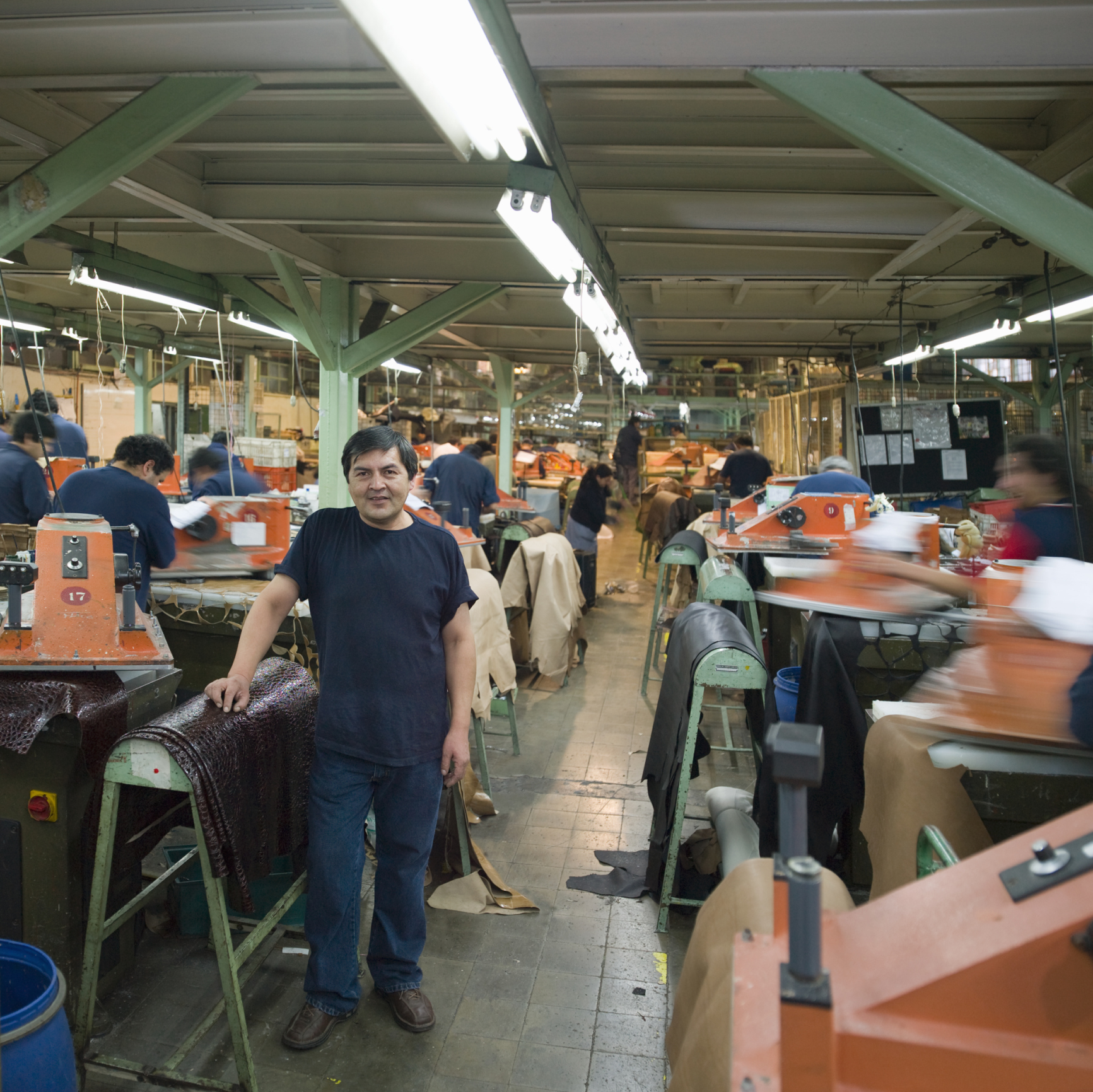July Beige Book Has Good News on Consumer Spending, Worries About Auto Industry
September 6, 2017 by Paul AusickU.S. economic activity expanded in July in all 12 Federal Reserve districts according to the latest version of the Beige Book released Wednesday afternoon. Overall, economic growth was described as modest to moderate.
Consumer spending on expanded in most districts with gains in non-auto retail sales and tourism while vehicle sales were mixed. Reports on the auto industry were mixed with many reports expressing concerns about a prolonged slowdown in the carmakers’ business.
Residential and commercial construction increased slightly overall but low inventories on homes for sale continued to weigh on real estate activity. Commercial real estate activity increased slightly in July.
Labor markets were characterized as tight in most districts with many industries reporting worker shortages, notably manufacturing and construction. Some firms in Atlanta, St. Louis, and Minneapolis have been turning away work because they can’t attract workers. Pressure on wages remained limited despite the tight market, although both Dallas and San Francisco reported wages are rising due to labor shortages.
In addition to home price increases due to low inventory, prices rose modestly across the country. Freight, lumber, steel, and other materials saw prices increase. Energy and agricultural commodity prices were mixed.
Some other interesting notes from the report include this appraisal of economic activity in the New York District:
Manufacturers noted a brisk pickup in business activity, while service-sector businesses reported more moderate gains. Consumer spending expanded modestly since the last report, tourism picked up somewhat, and consumer confidence has remained close to a cyclical high.
The Cleveland district reported that business activity grew at a moderate pace in July, up from the modest June growth:
Upward pressure on prices paid was prevalent in the construction industry. Freight carriers and construction contractors increased billing rates and reported little pushback. Consumer spending at brick-and-mortar establishments rose slightly, while new motor vehicle sales strengthened. Manufacturing activity grew slightly overall, but production at District motor vehicle assembly plants trended lower.
The Dallas Fed highlighted the energy sector prior to the onset of Hurricane Harvey:
Demand for oilfield services held steady during the reporting period. Drilling activity expanded further in the Permian Basin, but has tapered off, on net, in the Eleventh District. Most contacts expect the rig count to remain flat or fall slightly through year-end, and some firms noted reducing capital expenditures for the remainder of the year. Outlooks were less optimistic compared with the previous report, as firms expect lower oil prices in the first half of 2018 and many firms have lowered their capital expenditure projections for next year.
Worries about the auto industry and the low inventory of moderately priced homes for sale have been telegraphed for months and that these were called out specifically in the July report should have been no surprise. Whether this report will raise or lower the odds of another interest rate hike remains to be seen.
Take This Retirement Quiz To Get Matched With An Advisor Now (Sponsored)
Are you ready for retirement? Planning for retirement can be overwhelming, that’s why it could be a good idea to speak to a fiduciary financial advisor about your goals today.
Start by taking this retirement quiz right here from SmartAsset that will match you with up to 3 financial advisors that serve your area and beyond in 5 minutes. Smart Asset is now matching over 50,000 people a month.
Click here now to get started.
 24/7 Wall St.
24/7 Wall St.